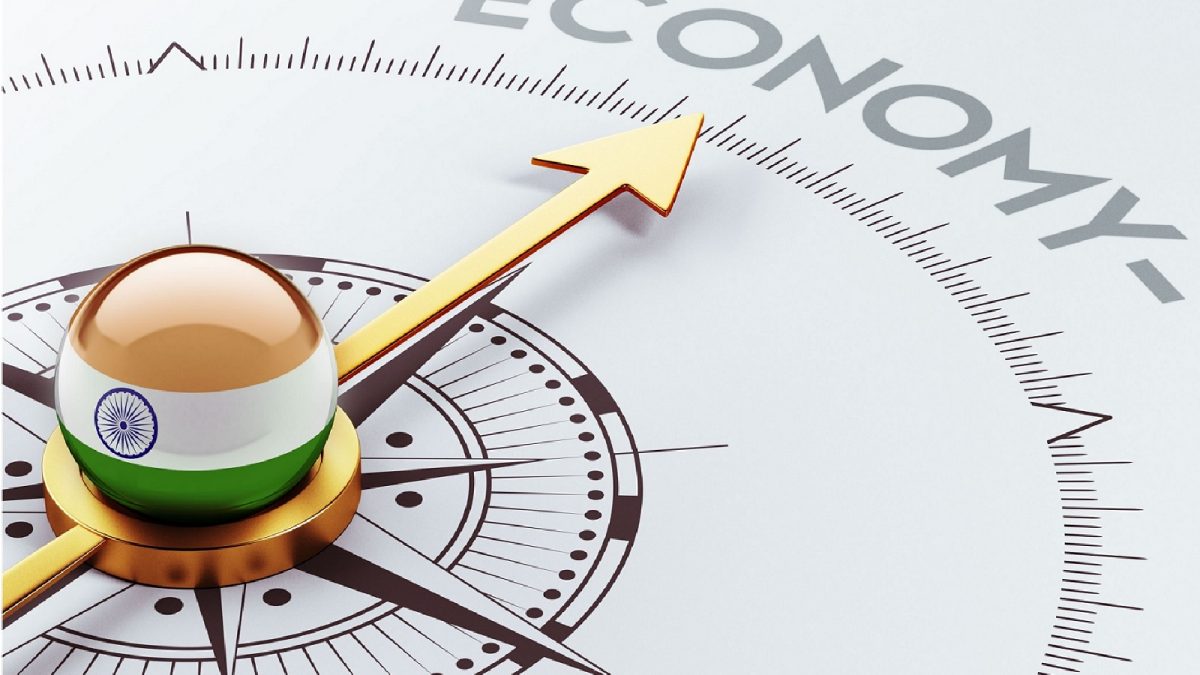- July 23, 2025
India On Track To Become Third-Largest Economy By 2028: Morgan Stanley

Last Updated:
India is expected to more than double its GDP to $10.6 trillion by 2035, and three-five states might approach the $1 trillion GDP mark, says Morgan Stanley.
Over the next decade, India is expected to contribute 20% to global growth, says Morgan Stanley.
India is on track to become the world’s third-largest economy by 2028 and more than double its GDP to $10.6 trillion by 2035, according to the latest report by Morgan Stanley released on Wednesday. The report also highlighted the pivotal role that Indian states will play in steering this economic transformation.
It said that by 2035, three to five Indian states — including Maharashtra, Tamil Nadu, Gujarat, Uttar Pradesh, and Karnataka — are projected to approach the $1 trillion GDP mark, putting them among the world’s top 20 economies in their own right.
“Based on the latest data, the top three states are Maharashtra, Gujarat, and Telangana,” the report noted. It further highlighted Chhattisgarh, Uttar Pradesh, and Madhya Pradesh as the states that have shown the most significant improvement in economic rankings over the past five years.
Over the next decade, India is expected to contribute 20% to global growth, becoming a major engine for earnings among multinational corporations, the report said.
Morgan Stanley economists emphasized the importance of India’s 28 states and eight Union Territories in achieving this ambitious growth. “States not only manage their own finances but also compete for investments by designing policies and easing business conditions. Ultimately, every factory or business is set up in a specific state,” the report stated.
The report credited the progress to “competitive federalism,” where states operate with significant legislative and political autonomy, enabling them to frame their own industrial policies and compete for investments. The success of this model, it added, will determine India’s rise as a global manufacturing hub, its ability to double per capita income within seven years, and whether it can sustain its capital market momentum.
Over the last decade, India has significantly increased infrastructure investment. The Centre’s capital expenditure has risen from 1.6% of GDP in FY15 to 3.2% in FY25, spurring major improvements in transportation and logistics. Highway networks have expanded by 60%, the number of airports has doubled, and metro systems have grown fourfold.
These developments have been driven by major central schemes such as PM Gati Shakti, the National Infrastructure Pipeline, Bharatmala, Sagarmala, and UDAN, which have been executed alongside state-led initiatives. States also lead infrastructure spending in areas like power, water, and urban development.
“The Centre and states must continue to collaborate closely to meet India’s economic ambitions,” the report concluded.
India has already surpassed Japan to become the world’s fourth-largest economy according to IMF data, NITI Aayog CEO BVR Subrahmanyam announced in May 2025. According to the IMF, India’s GDP is currently $4.187 trillion, overtaking Japan’s $4.186 trillion.
Meanwhile, a recent report by JP Morgan said India has emerged as a relatively safe haven among emerging markets (EMs) amid global trade uncertainties. The report highlighted that India is benefiting from a combination of falling inflation, improved system liquidity, and lower government borrowing, which are expected to support economic growth.
The report adds that India is expected to post the highest GDP growth among countries in JP Morgan’s global universe in 2025. Growth is also being supported by timely demand stimulus and measures that have strengthened urban household balance sheets.
In addition, a recovery in the rural economy, further aided by a favourable monsoon, is adding to the positive outlook.
It stated, “India: Falling inflation, enhanced system liquidity and lower borrowing to boost growth. Timely demand stimulus and support to urban household balance sheet”.
JP Morgan’s emerging markets strategists are constructive on several emerging market countries, including India, Korea, Brazil, Philippines, UAE, Greece, and Poland. Among these, India holds a 19 per cent weight in the MSCI EM Index and has been rated “Overweight” (OW) by JP Morgan.

Haris is Deputy News Editor (Business) at news18.com. He writes on various issues related to personal finance, markets, economy and companies. Having over a decade of experience in financial journalism, Haris h…Read More
Haris is Deputy News Editor (Business) at news18.com. He writes on various issues related to personal finance, markets, economy and companies. Having over a decade of experience in financial journalism, Haris h… Read More
view comments
- First Published:







